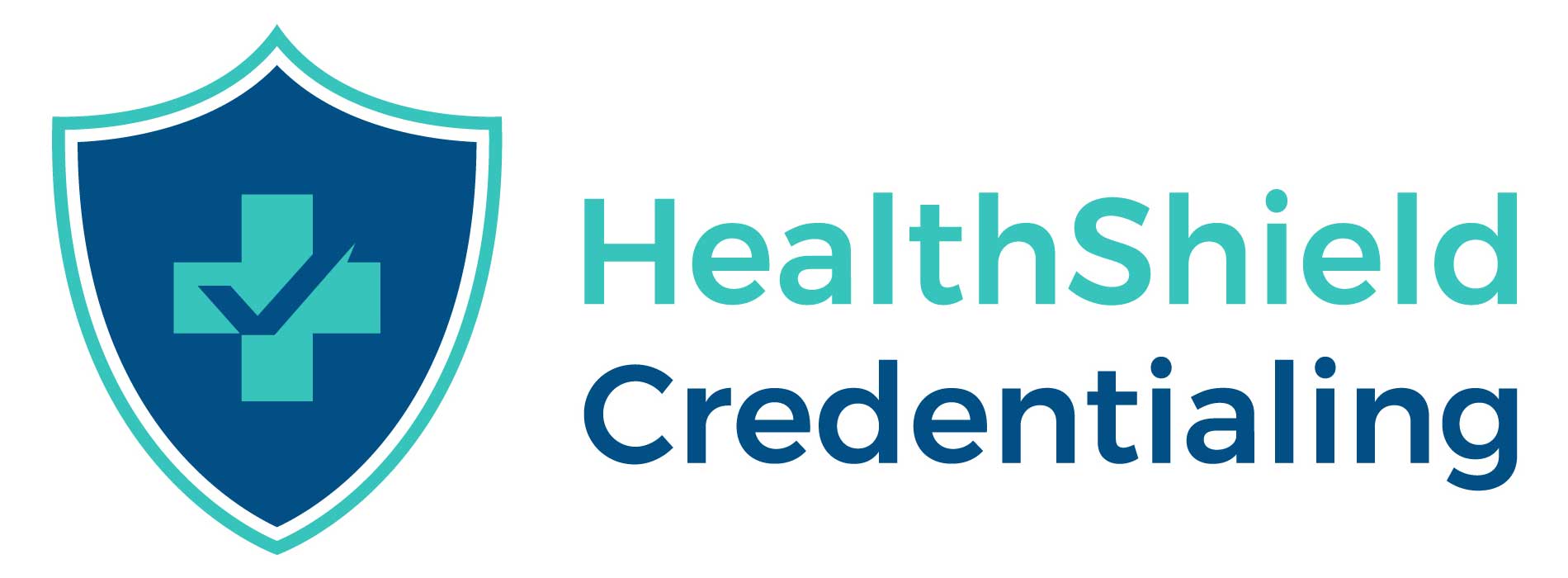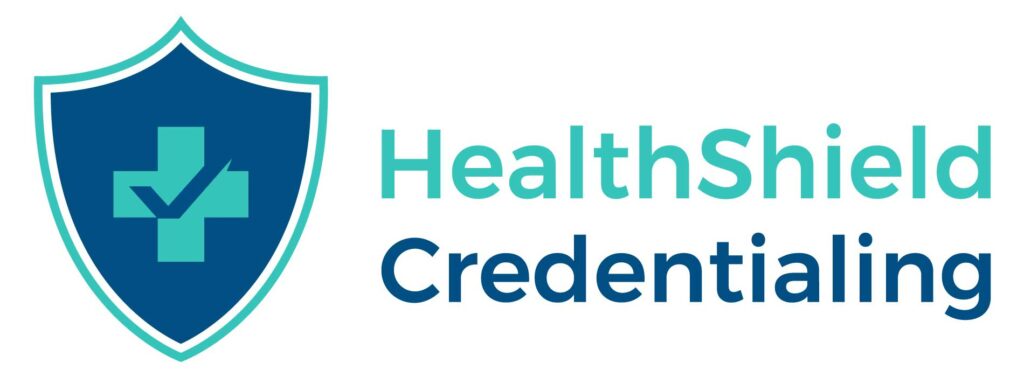As a healthcare professional, your career is dedicated to patient care, medical advancements, and continuous learning. But amidst all this, have you ever stopped to consider how non-compete agreements might impact your professional journey? With the Federal Trade Commission (FTC) proposing a ban on new non-compete agreements, it’s crucial to understand what these agreements entail, how they affect you, and what the future holds.
What Are Non-Compete Agreements?
Non-compete agreements are contracts that restrict an employee’s ability to work for a competitor or start a competing business within a certain geographic area and time frame after leaving their current employer. These agreements have been commonly used to protect companies from losing valuable trade secrets and confidential information to competitors.
In the healthcare industry, non-compete agreements often prevent professionals from working within a certain radius of their former employer’s practice or hospital. For instance, a physician leaving a hospital may be barred from joining another hospital or starting a private practice within a 20-mile radius for two years.
Impact on Healthcare Workers
For healthcare professionals, non-compete agreements can have significant career implications:
- Restricted Employment Opportunities: Non-competes can limit where you can work, forcing you to relocate or commute long distances if you wish to stay in the same field.
- Reduced Bargaining Power: These agreements can reduce your leverage in salary and contract negotiations, knowing that your options are restricted.
- Delayed Career Progression: By limiting your ability to move to better opportunities, non-competes can hinder your career growth and professional development.
The primary argument for non-compete agreements is the protection of sensitive information and patient relationships. Healthcare providers often have access to confidential patient data, treatment protocols, and business strategies that employers want to safeguard. However, these protections come at the cost of professional freedom and flexibility.
The FTC’s Proposed Ban on Non-Competes1
The FTC’s proposed rule aims to ban new non-compete agreements for all workers, including senior executives, while existing agreements for senior executives (those earning over $151,164 annually) can remain enforceable. For other workers, these agreements will no longer be valid once the rule takes effect.
This landmark proposal is expected to have profound effects on the healthcare industry and beyond. The FTC anticipates several benefits from this ban:
- Reduced Healthcare Costs: By increasing competition among healthcare providers, costs for services are expected to decrease.
- Increased Innovation: With more freedom to move between employers, professionals can contribute to new business formations and increase the rate of innovation.
- Higher Earnings: With fewer restrictions, healthcare workers may find better job opportunities and potentially higher wages.
Adapting to the New Landscape
While the proposed FTC rule is a significant step toward greater professional freedom, it’s essential to understand how trade secrets and confidential information will be protected in the absence of non-competes. Companies are likely to rely more on Non-Disclosure Agreements (NDAs) and other legal mechanisms to safeguard sensitive information.
Alternative Protective Measures: 2
- Non-Disclosure Agreements (NDAs): These agreements ensure that employees do not share proprietary information with competitors.
- Non-Solicitation Agreements: These restrict former employees from soliciting clients or staff from their previous employer.
- Trade Secret Management Programs: Comprehensive programs to educate employees about the importance of protecting confidential information can be highly effective.
- Exit Protocols: Clear policies on the return of company property and data can prevent misuse of confidential information after an employee leaves.
What This Means for You
As a healthcare professional, the potential ban on non-compete agreements could mean greater job mobility and career opportunities. You may have more freedom to seek positions that align with your career goals without the fear of legal repercussions.
However, it’s also important to stay informed about the legal landscape and understand the agreements you are asked to sign. Ensure that any NDAs or non-solicitation agreements are reasonable and clearly defined.
Tips for Navigating Non-Compete Agreements:
- Review Contracts Carefully: Always read and understand the terms of any non-compete or NDA before signing.
- Seek Legal Advice: Consult with a lawyer to understand the implications of these agreements on your career.
- Negotiate Terms: If possible, negotiate the terms of non-compete agreements to ensure they are fair and reasonable.
- Stay Informed: Keep up-to-date with changes in legislation and how they might affect your professional rights and obligations.
Take Home
The FTC’s proposed ban on non-compete agreements marks a significant shift in employment law that could benefit healthcare workers by increasing job mobility and potentially leading to higher wages and more innovation. While this change is promising, it’s crucial for healthcare professionals to remain vigilant and informed about their rights and the protective measures in place for confidential information.
Understanding and navigating the complexities of non-compete agreements will empower you to make informed career decisions and take full advantage of the opportunities that come your way. Stay proactive, seek advice when needed, and continue to focus on what you do best – providing exceptional healthcare.






